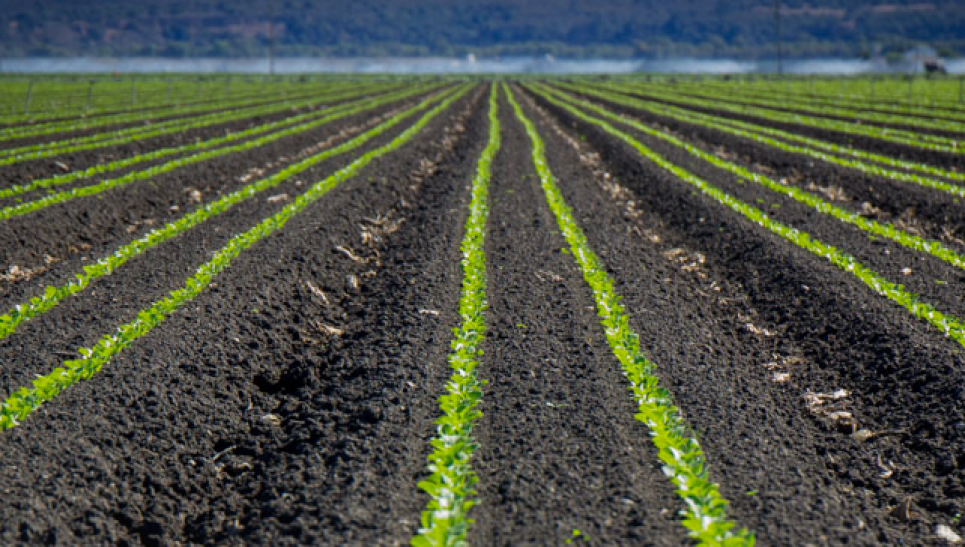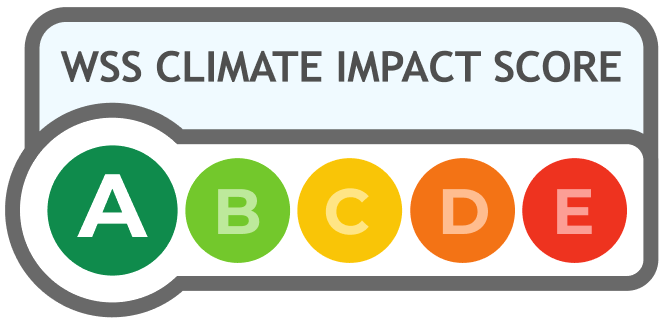All ClimateScale projects have been pre-verified at the industry standard at a minimum. ClimateScale also offers three more stringent verification levels.
Industry Standard Verification: Projects sourced and verified from existing registries or marketplaces that meet their respective standards and criteria.
WSS Standard Verification: Utilizing our Decision Support assessment AI, we thoroughly evaluate projects to ensure they meet ClimateScale's higher standards for environmental impact and integrity.
Satellite Verification: We employ current high-resolution satellite images of project sites to verify project details and monitor progress, adding an extra layer of transparency and accountability.
Expert on Site Verification: Independent auditors/verifiers are dispatched to assess projects on-site, confirming project claims, quality and alignment with sustainability standards. This level of verification ensures the highest level of integrity and impact.

38.443, -122.676
50000 Credits Available
23,375 Credits sold to date
Reliability Score: 89%
This project helps prevent California wildfires, while locking up plant carbon for thousands of years. This project removes flammable, dead wood from California's forests to stop wildfires- then turns the wood into biochar, a stable form of carbon that persists for thousands of years. The Overall Carbon sequestration capacity of 5 millions tons per year.
Additional Project impacts and benefits:
1. This endeavor aids in the prevention of wildfires in California while sequestering carbon from plants for millennia.
2. Millions of tons of carbon dioxide are sequestered in the magnificent old-growth forests that dot the state of California.
3. This initiative prevents wildfires in California's forests by removing combustible, decomposing wood and transforming it into biochar, a form of carbon that is stable for millennia.
4. California forests have the capacity to produce 5 million tons of biochar per year.
5. Annually enhancing 160,000 acres of land with a 1% SOM application rate.
6.Annually augmenting the water-holding capacity of California soils by 13,000 acre feet A harvester is visible in the background of a field containing a substantial heap of biochar.
7. Constant: Permanent Biochar's carbon is exceptionally stable; for thousands of years, it will remain out of the atmosphere.
8. It is regarded as one of the top five natural solutions to climate change.
9. Measurable in nature: As biochar is essentially carbon in its purest form, the amount of carbon that has been captured is readily apparent.
10. Scalable: The initiative has the potential to scale up to eight additional facilities in the state of California alone, where it has already produced encouraging results at one location.

Click blue or green area on the chart for details. This infographic shows the core values that a green initiative or environmentally friendly project (GHG emission) tries to uphold in order to restore balance with nature, be sustainable and resilient to climate change, and protect ecosystem services.
Criteria List: 1. Methane Capture Efficiency (MCE) 2. Source Traceability (ST) 3. Energy Utilization Efficiency (EUE) 4. Life Cycle Assessment (LCA) 5. Emission Reduction Impact (ERI) 6. Technology Integration (TI) 7. Methane Utilization Innovation (MUI) 8. Renewable Energy Contribution (REC) 9. Waste Methane Valorization (WMV) 10. Carbon Offset Verification (COV)
These assessments represent just a fraction of our satisfied users who are making a positive impact on our planet. We invite you to join our growing community of climate champions, where your contributions matter, and your voice is heard.
Ready to get started? Explore our projects, calculate your carbon footprint, and be part of the global movement for a sustainable future.